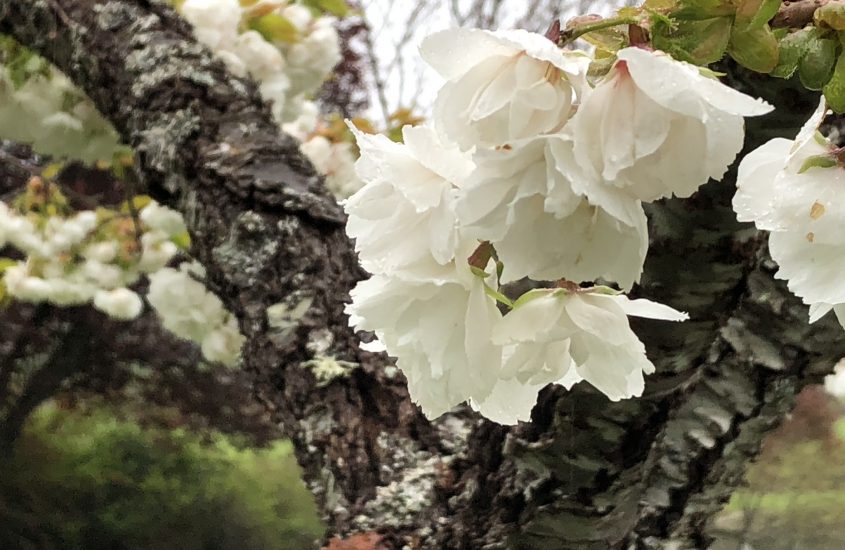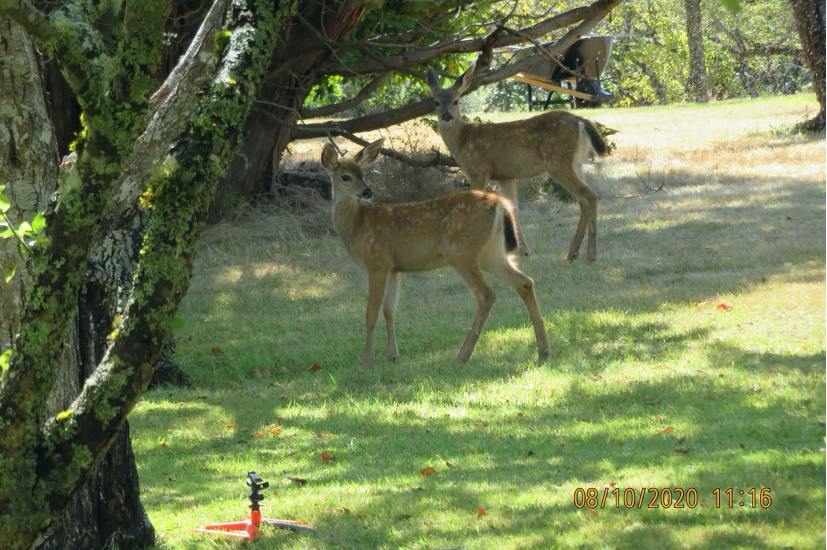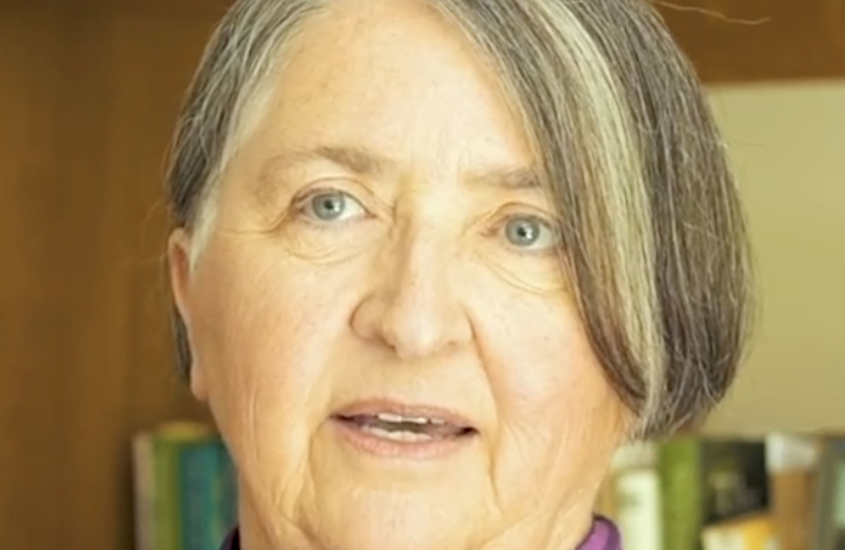Self Study Meeting, December 5, 2021
Self Study Meeting
December 5, 2021
Zoom Online
Seventeen people were present for this Sunday morning meeting which was focused on the March 1 – 17 entries in The Book of Life: Daily Meditations with Krishnamurti. These selections from K’s talks and writings looked into a number of aspects which came under the headings “Dependence”, “Attachment”, and “Relationships”. Feedback from the participants indicated that the readings were found to be extremely interesting and significant. The session began with a short talk by the facilitator (David) on the quality of attention suggested by Krishnamurti when we enter the journey of self-observation and self-knowledge. A short period of silence was then followed by a reading of the March 3 selection which deeply examined the root cause of dependency and attachment, connecting it with the avoidance of the sense of loneliness. In order to go beyond dependency we must know the nature of loneliness and how it is generated in our consciousness. We must “be with” our inner emptiness and see what is revealed when resistance to it is seen and dissolved.
The topic seemed to be a relevant and meaningful one to many participants, which awakened various responses and interactions within the group. Perhaps the greatest emphasis was given to the need to remain curious about the structure and challenge of loneliness and its significance in being a doorway to a deeper experience of Being and love. The whole of the meeting was taken up with discussion of the issues raised by the March 3 entry and a few other March entries mentioned by participants from their reading.








